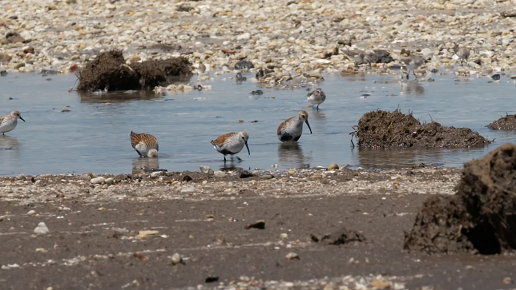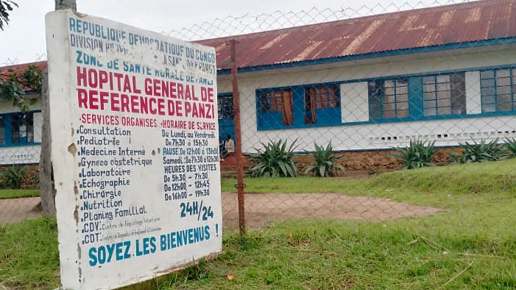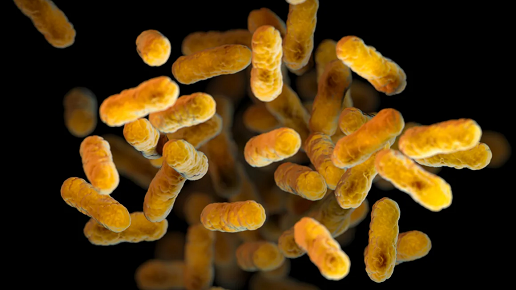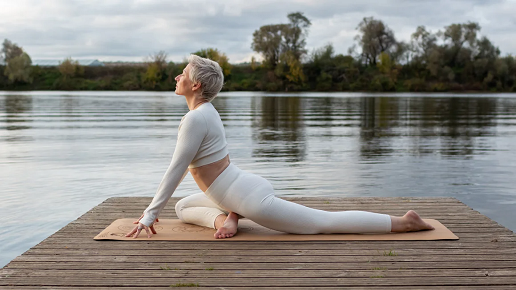Dr. Robert Webster and Dr. Pamela McKenzie are conducting research at Reeds Beach, New Jersey, where they collect bird droppings for scientific analysis. This location is a significant site for migratory shorebirds, particularly red knots, which depend on horseshoe crab eggs for sustenance during their long journeys. By studying the droppings, the scientists aim to gather insights into the birds' diets, health, and potential exposure to diseases.
Their work is part of a broader effort to monitor the ecological balance of this critical habitat and understand the connections between bird populations and environmental changes. The research also contributes to global efforts to track avian influenza and other diseases that can affect both wildlife and humans.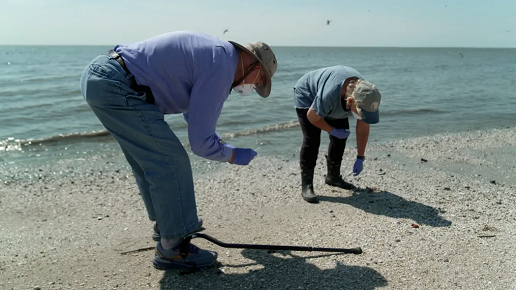 Dr. Robert Webster and Dr. Pamela McKenzie take samples of bird poop on Reeds Beach, New Jersey. CNN
Dr. Robert Webster and Dr. Pamela McKenzie take samples of bird poop on Reeds Beach, New Jersey. CNN
Reeds Beach serves as a vital ecological hub, making the data collected here essential for conservation strategies. Dr. Webster and Dr. McKenzie’s dedication highlights the importance of fieldwork in preserving biodiversity and safeguarding ecosystems for future generations.

